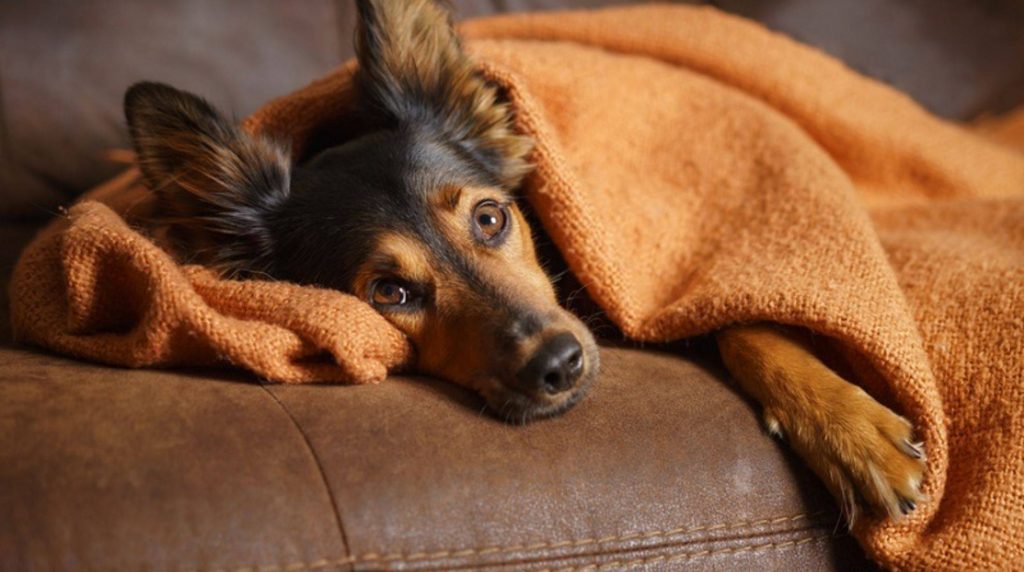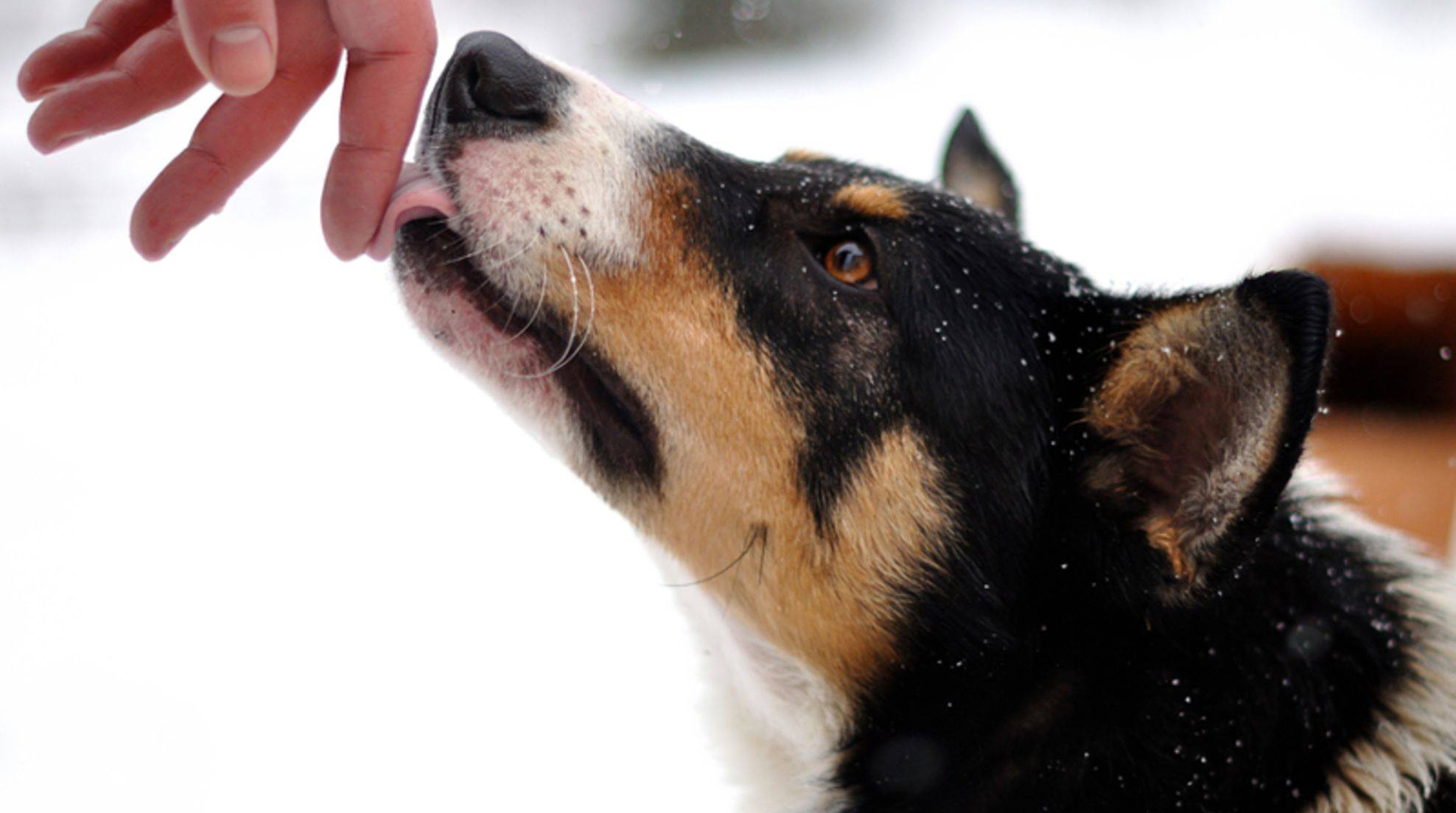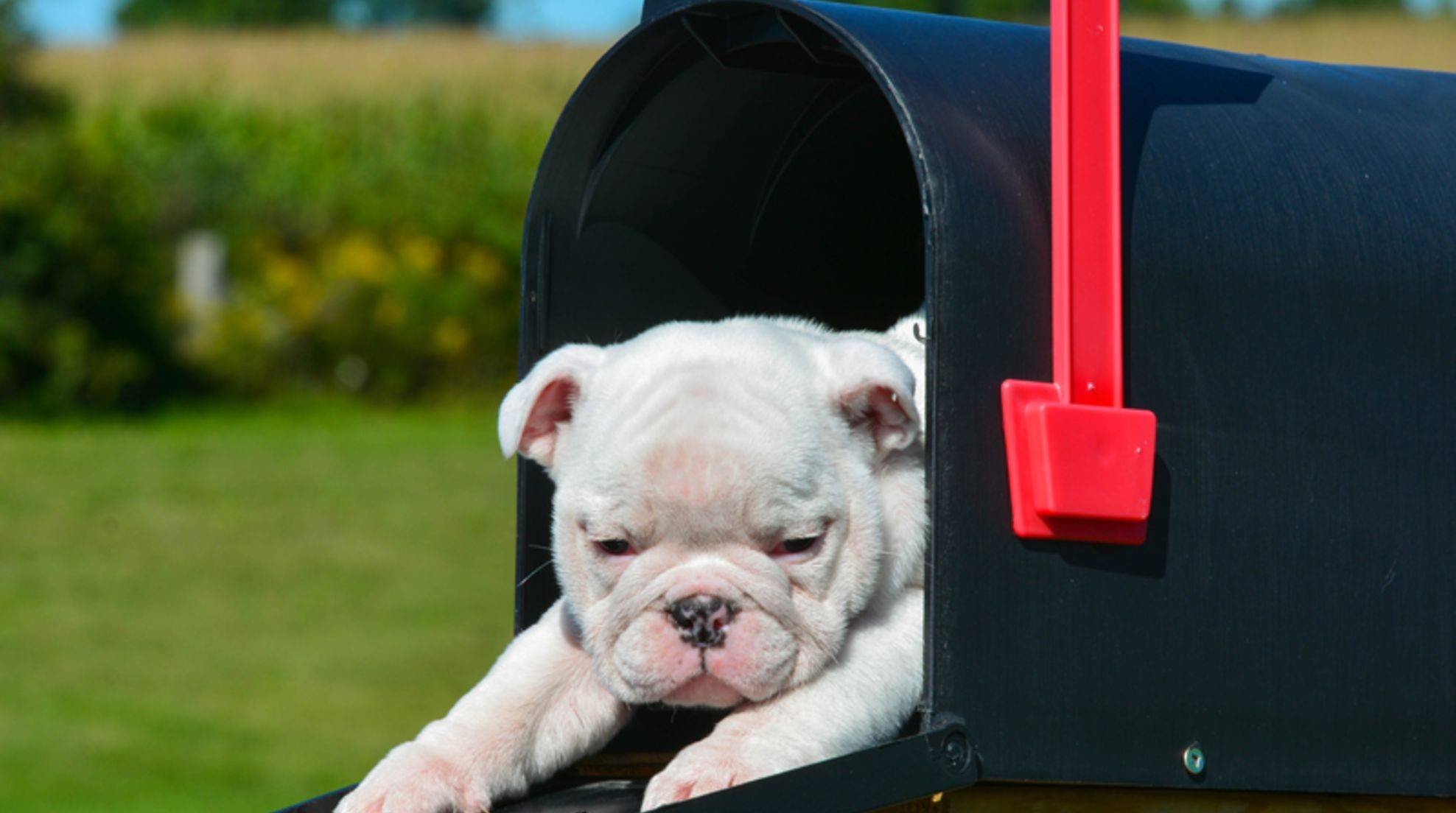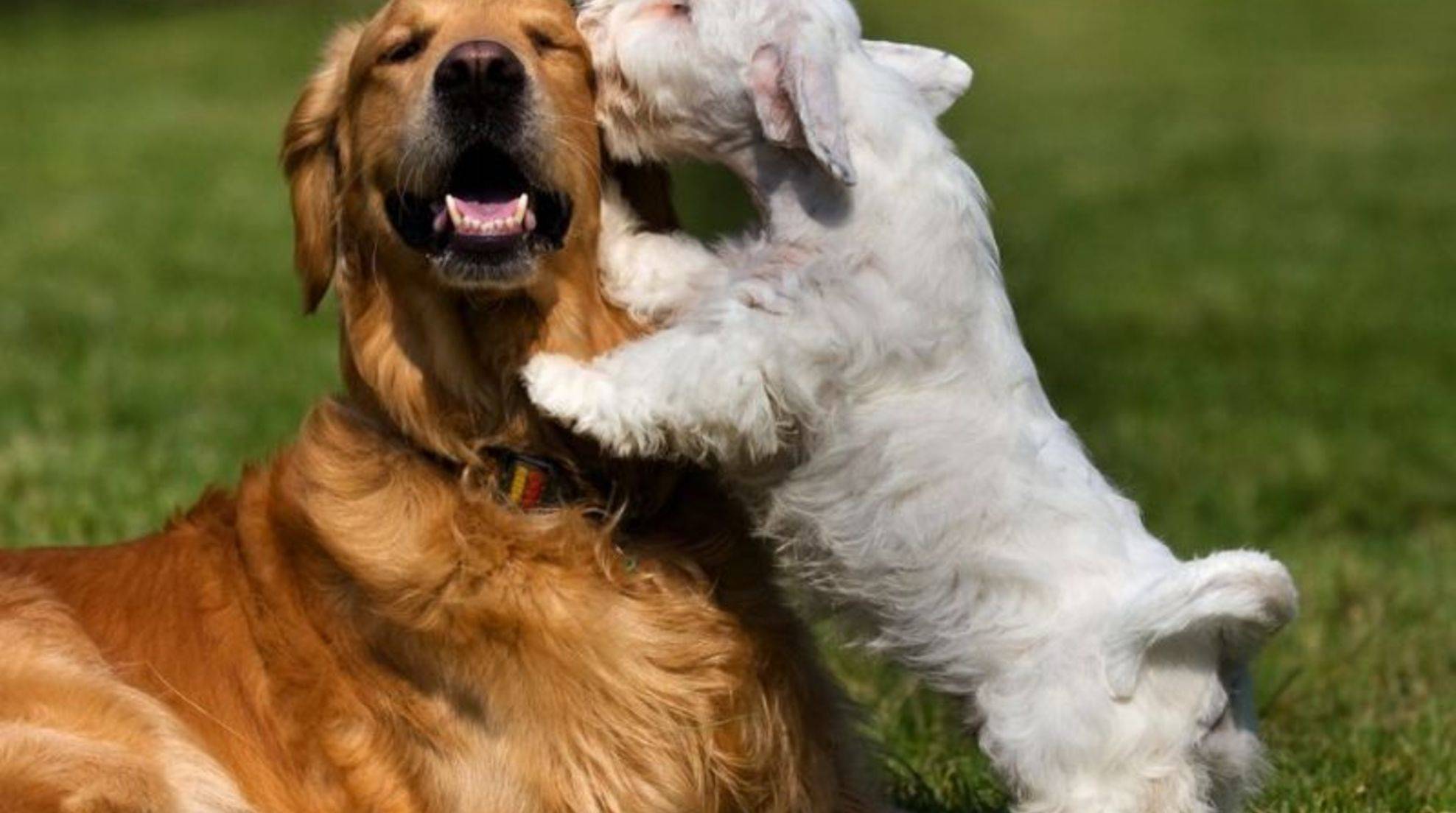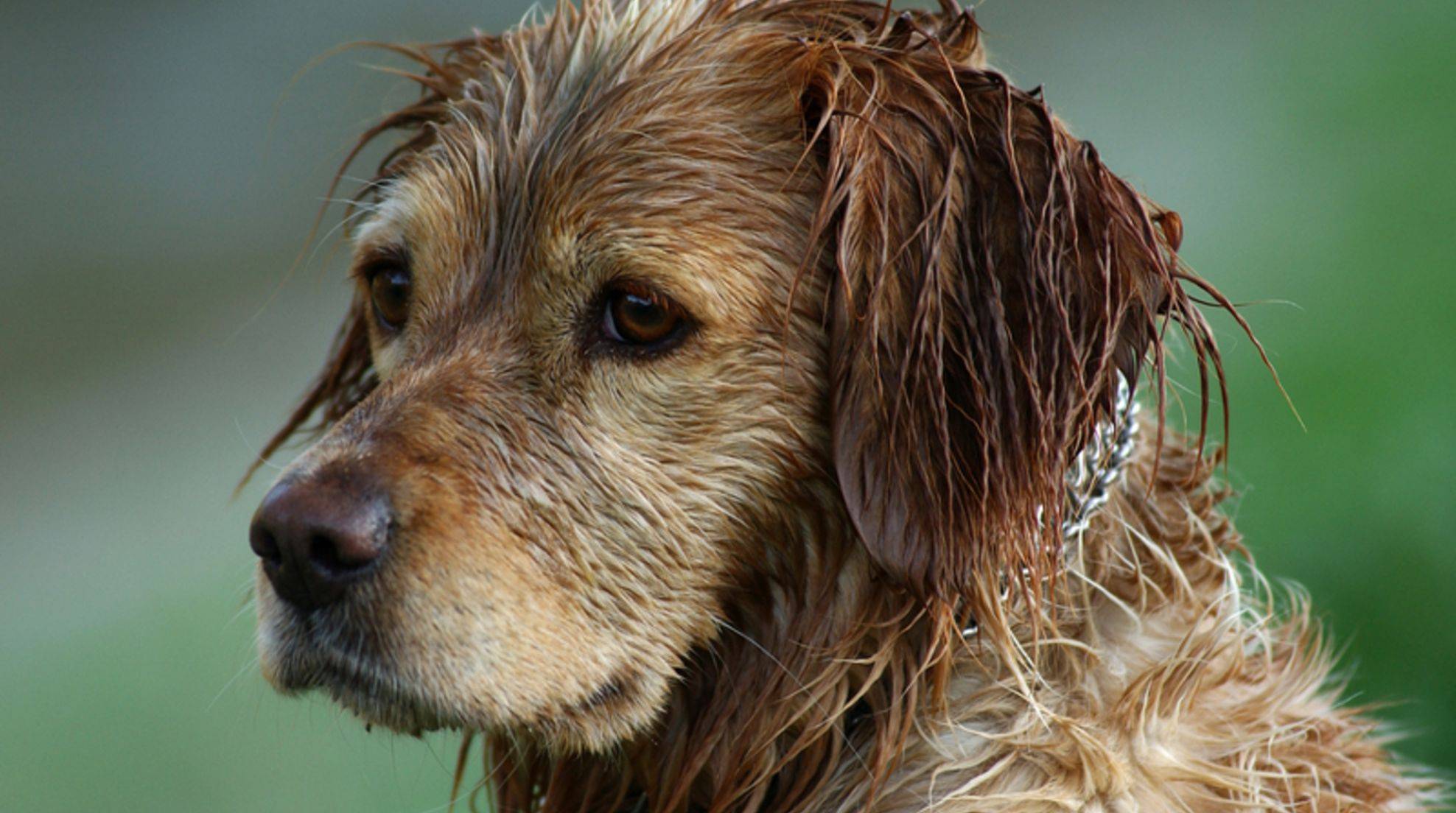Valerian for dogs: how to use the natural sedative correctly
A calming effect of valerian can be observed in humans and dogs. What you should consider when using the medicinal plant to lower the stress level of your four-legged friend, and why you should use the natural sedative only with caution, you will learn here.
Even dogs can sometimes be under stress, and this, in turn, is not healthy for the animals. Valerian (Valeriana officinalis) can provide relief. It is considered a herbal sedative and works stronger than chamomile or St. John’s wort. This not only works for humans, but dogs can also relax more easily with valerian – provided it is used correctly.
Tip: Before you reach for valerian preparations, try to see if you can’t relieve your dog’s stress in other ways, for example, by eliminating the causes of the stress.
Valerian for the dog: use and effect.
If you take painkillers, you only address the symptom “pain,” but not the cause. It is similar to the administration of valerian for dogs: The use of the medicinal plant only makes sense if you have previously tried everything to eliminate possible stress factors for your dog. Otherwise, your dog may quickly feel stressed again as soon as the effect of valerian wears off.
Valerian does not take effect immediately on the same day, but with a time delay and after regular use over some time – for example, as part of a two-week course of treatment. But valerian does not belong in a dog’s diet in the long term! These are the ethereal oils, which are present in the valerian. These can lead to intolerance reactions in the long run.
How should valerian be dosed for dogs?
Be sure to discuss the exact dosage in advance with a veterinarian because this depends on factors such as:
– Weight
– size
– breed
– state of health
Conceivable is, for example, the daily intake over two weeks.
Side effects: Can valerian be harmful to dogs?
The wrong dosage can cause the opposite results, even more restlessness, and nervousness, or it comes even worse: low blood pressure or digestive problems are other possible consequences. If your dog has stomach problems, injured mucous membranes, or even gastritis, please refrain from giving valerian.
How to administer valerian to the dog
You have discussed with the vet that your dog can get valerian and received dosage instructions? Then the task now is to “slip” the sedative to your pet. At first, the smell of the plant will seem strange to your dog. After all, he does not know that you want to help him with it. There are different dosage forms, such as valerian drops, essential oils, tablets, or dried valerian root.
However, your dog should be introduced to valerian with small amounts at first. Mix only small doses with his food at first. Otherwise, he may not eat it at all. Dogs have an excellent nose, and they can smell if something is different about their food.
In our guidebook “Dog must take medication: This is how he swallows the pill,” you will find tips on how to administer the medicine to your four-legged friend.
Alternative to taking valerian
However, you can give your dog valerian not only orally, that is, not only mix it into the food. You can also rub two to eight valerian drops on your dog’s chest. In this way, your darling inhales the vapors – this also works. So does a valerian pillow. This is filled with valerian root and spreads the intense smell of the medicinal plant. This has a relaxing effect, and your dog feels more balanced. Similar to the other valerian remedies. However, you should only use it sparingly.

